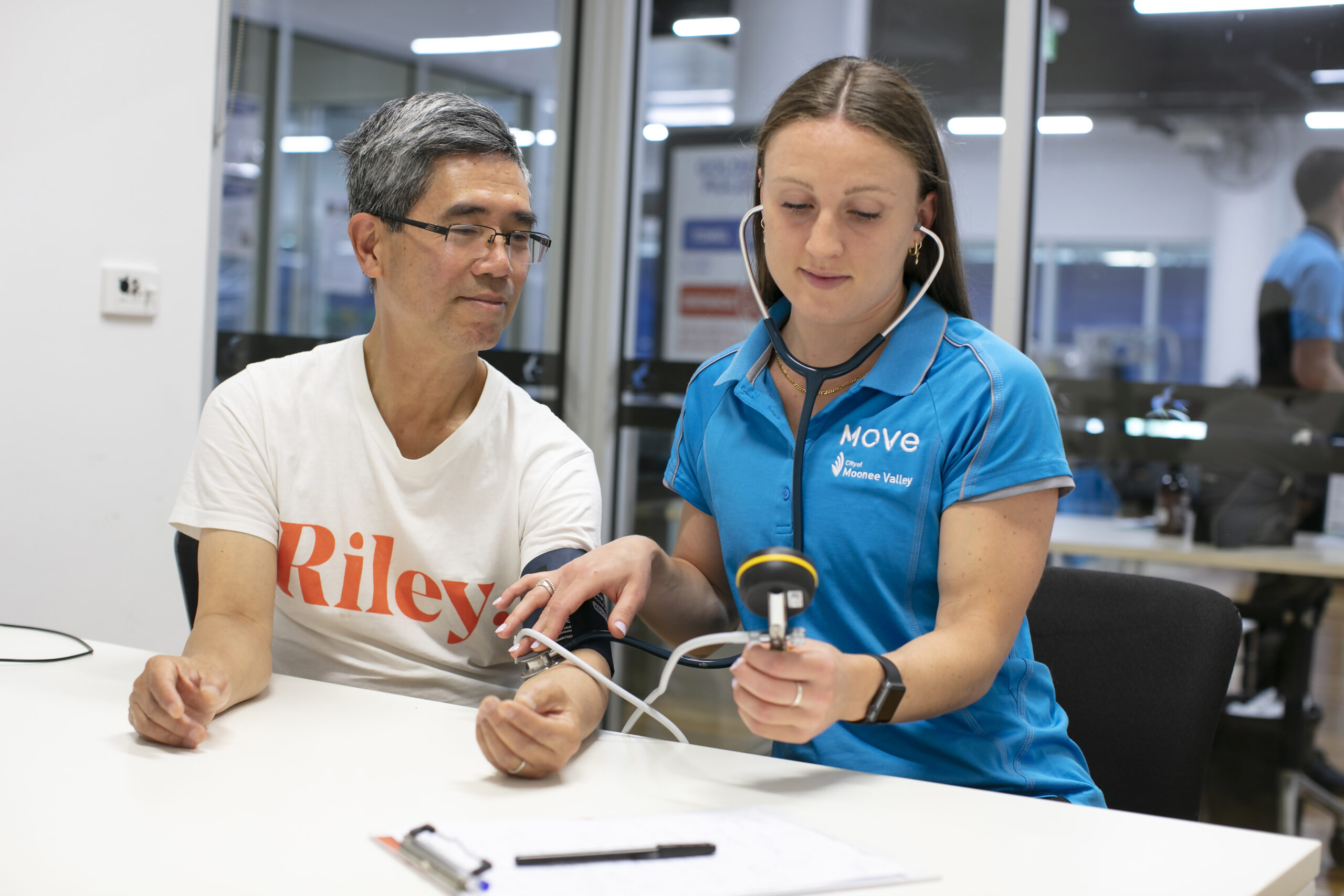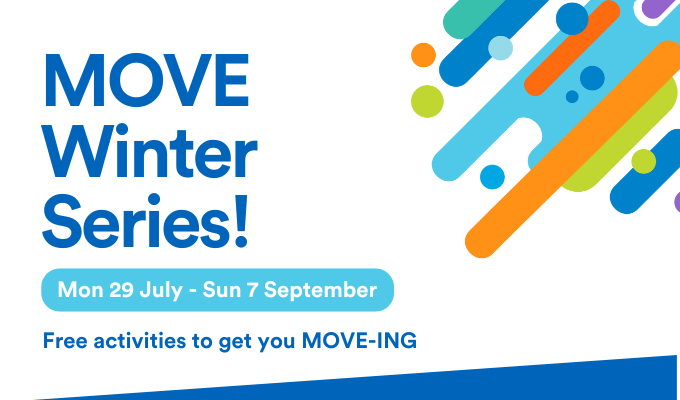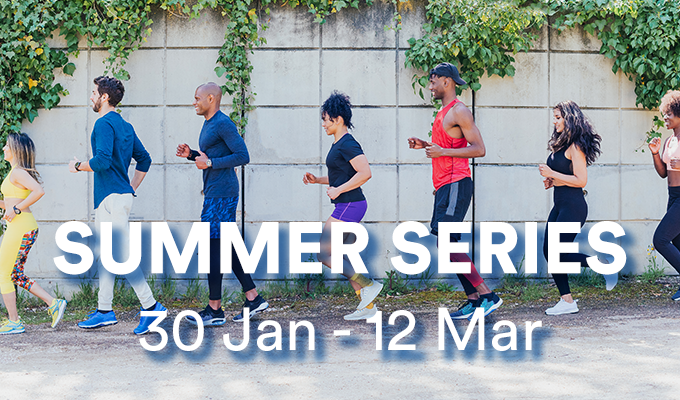World Clinical Exercise Physiology Day
Clinical exercise physiologists work in diverse healthcare settings to prescribe exercise interventions tailored to individual needs. Whether managing conditions like heart disease, diabetes, or arthritis, or working with patients in recovery from surgery or injury, CEPs use scientifically-backed exercise regimens to promote health and restore function.
Exercise is not just about your physical health; it is strongly linked to your psychological and social Health and Wellbeing including but not limited to;
- Reduced risk of chronic diseases: Regular physical activity has been shown to lower the risk of various chronic conditions, including heart disease, type 2 diabetes, certain types of cancer, and osteoporosis. The integration of aerobic and resistance training, as revealed by the CardioRACE trial, has been shown to significantly enhance heart health outcomes. (https://www.sciencedaily.com/releases/2024/01/240117143646.htm)
- Enhanced mental health: Exercise has a positive impact on mental well-being by reducing symptoms of stress, anxiety, and depression. It can boost mood, improve self-esteem, and promote better sleep quality.
- Better cognitive function: Exercise has been linked to improved cognitive function, including enhanced memory, attention, and problem-solving skills. It can also reduce the risk of age-related cognitive decline.
- Stronger immune system: Regular exercise can strengthen the immune system, reducing the risk of certain illnesses and infections.
- Social engagement: Participating in exercise can provide opportunities or social interaction and connection, leading to improved social well-being, self-confidence and independence.
- Stress reduction: Physical activity is a natural stress reliever. Regular exercise can help reduce stress levels, improve resilience to stress, and promote relaxation. A recent study highlighted how physical activity helps manage stress-related brain activity, leading to improved cardiovascular health, especially for individuals with depression or high stress.(https://news.harvard.edu/gazette/story/2024/04/exercise-cuts-heart-disease-risk-in-part-by-lowering-stress-study-finds/) (https://www.massgeneral.org/news/press-release/physical-activity-reduces-stress-cvd-risk)
The Importance of Exercise in Preventative Health
Exercise physiology is more than rehabilitation—it’s a cornerstone of preventative health care. By crafting exercise plans that fit our clients medical conditions and capabilities, CEPs help people build resilience against chronic illnesses. Regular physical activity is associated with a wide array of benefits, from lowering cholesterol and blood pressure to improving mental health and sleep quality. These benefits are essential in managing obesity, diabetes, hypertension, and even cancer recovery.
Prehabilitation: Preparing for Surgery
One of the emerging trends in clinical exercise physiology is prehabilitation, which prepares clients physically for upcoming surgery, like total knee or hip replacements. By strengthening muscles, improving cardiovascular fitness, and promoting overall resilience, prehabilitation helps patients recover faster and with fewer complications. This is particularly relevant in the context of metabolic and bariatric surgery (MBS) patients, where exercise can improve outcomes and reduce surgical risks.
Let’s Celebrate Movement
On World Clinical Exercise Physiology Day, let’s celebrate the invaluable contributions of CEPs who dedicate themselves to empowering individuals through movement. Whether managing a health condition or striving for a more active lifestyle, exercise is a powerful tool. We know that physical activity goes beyond fitness—it’s a vital part of lifelong health and wellbeing. Engage in some activity today, knowing that every step you take contributes to a healthier, more active you! #TogetherWeMoveMore
How You Can Celebrate:
- Engage in a new exercise activity or revisit an old favourite.
- Share your activity journey on social media using #ClinicalExercisePhysiologyDay.
- Talk to one of our Exercise Physiology team to learn how exercise can benefit your unique health needs.
Let’s keep moving,for our health, our hearts, and our futures! Together We Move More!
World Clinical Exercise Physiology day is a joint initiative between: American College of Sports
Medicine | Canadian Society for Exercise Physiology (CSEP) Société canadienne de physiologie de l’exercice
SCPE | Sport and Exercise Science NZ | Exercise & Sports Science Australia (ESSA)







